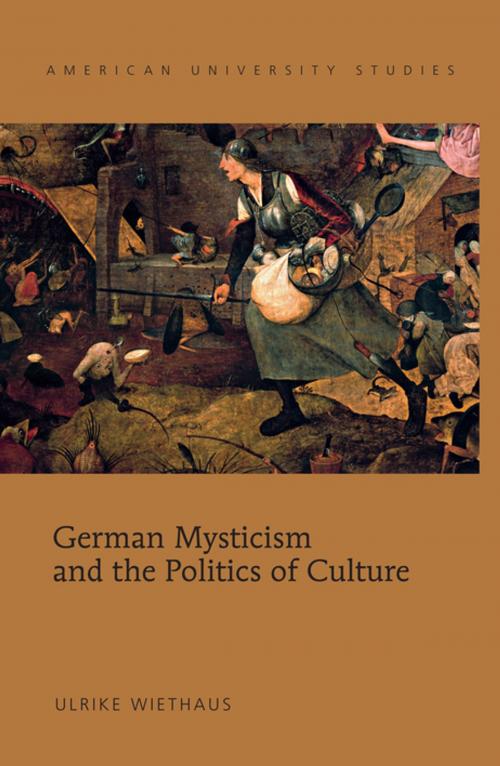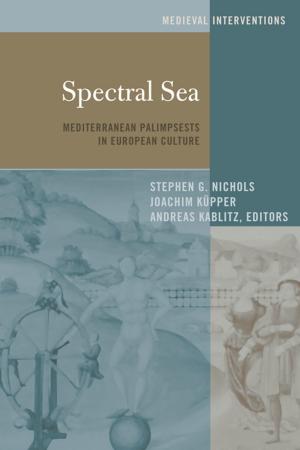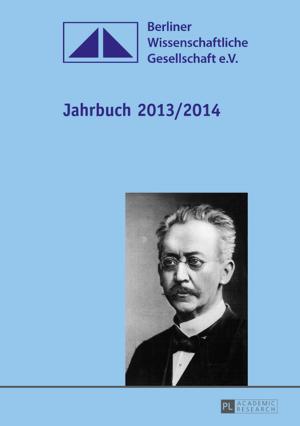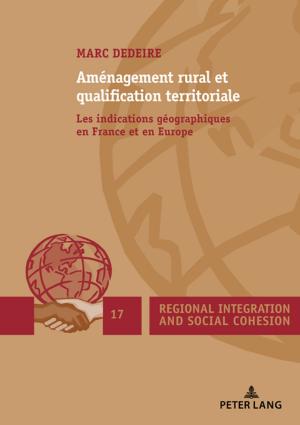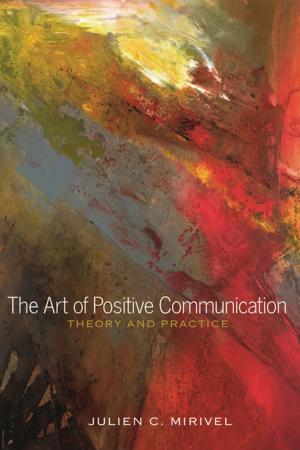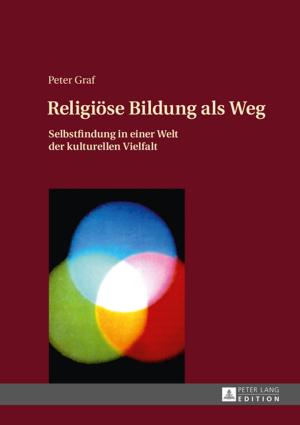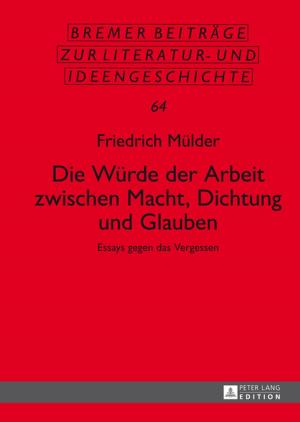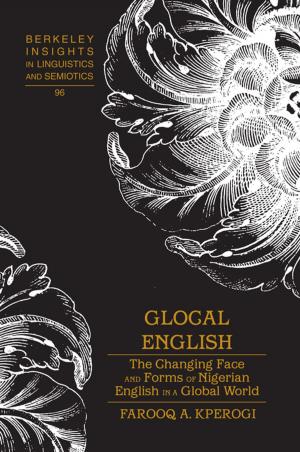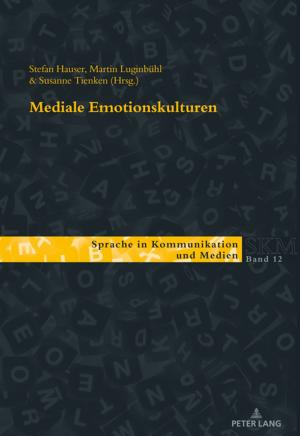German Mysticism and the Politics of Culture
Fiction & Literature, Literary Theory & Criticism, European, German, Women Authors, Nonfiction, Religion & Spirituality, Inspiration & Meditation, Spirituality| Author: | Ulrike Wiethaus | ISBN: | 9781454195276 |
| Publisher: | Peter Lang | Publication: | September 10, 2014 |
| Imprint: | Peter Lang Inc., International Academic Publishers | Language: | English |
| Author: | Ulrike Wiethaus |
| ISBN: | 9781454195276 |
| Publisher: | Peter Lang |
| Publication: | September 10, 2014 |
| Imprint: | Peter Lang Inc., International Academic Publishers |
| Language: | English |
Probing deeply into texts by and about prominent Christian mystics, religious authors, and saints, German Mysticism and the Politics of Culture challenges the reader to rethink the medieval past as a contemporary presence. This «presence of the past» shapes memory of place, valorizes the trope of ecstatic sexual union as death, and continues the religious marginalization of female voice and authority. The chapters focus on the works and lives of Hadewijch, Marie d’Oignies, Dionysius of Ryckel, Heinrich Seuse, Margarete Ebner, St. Elisabeth, Hrotsvit of Gandersheim, and the stigmatic Therese Neumann. Part One of the volume examines the dynamics of cultural memory and forgetting as they relate to issues of sexuality, female authority, and national politics; Part Two explores themes of love and death, erasure and displacement. Medieval Christian mysticism, the author argues, cannot be narrated as a story of great cultural accomplishment but, rather, as a fundamentally agonistic scenario shaped by actors whose impact still affects us today.
Probing deeply into texts by and about prominent Christian mystics, religious authors, and saints, German Mysticism and the Politics of Culture challenges the reader to rethink the medieval past as a contemporary presence. This «presence of the past» shapes memory of place, valorizes the trope of ecstatic sexual union as death, and continues the religious marginalization of female voice and authority. The chapters focus on the works and lives of Hadewijch, Marie d’Oignies, Dionysius of Ryckel, Heinrich Seuse, Margarete Ebner, St. Elisabeth, Hrotsvit of Gandersheim, and the stigmatic Therese Neumann. Part One of the volume examines the dynamics of cultural memory and forgetting as they relate to issues of sexuality, female authority, and national politics; Part Two explores themes of love and death, erasure and displacement. Medieval Christian mysticism, the author argues, cannot be narrated as a story of great cultural accomplishment but, rather, as a fundamentally agonistic scenario shaped by actors whose impact still affects us today.
